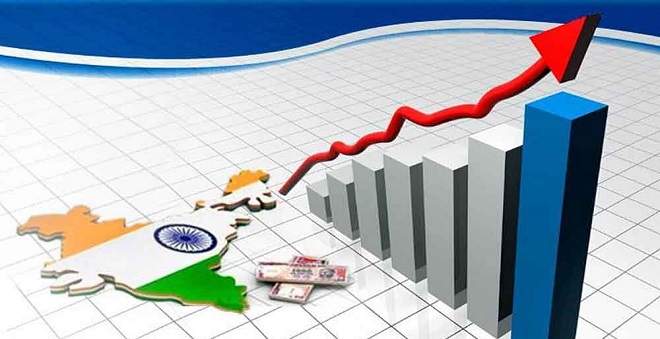IMF Chief Economist Gita Gopinath told Yahoo Finance Wednesday that the global economy faces a “pretty dark winter” as a new strain of the coronavirus forces new lockdowns.
Gopinath added that she expects a recovery in the second half of 2021 as the vaccines see wider distribution. But she emphasized that the economic rebound can only occur if governments continue to provide stimulus and support.
“It’s important for countries not to prematurely withdraw that,” Gopinath said, pointing to last month’s relief packages in the U.S. and Japan as positive examples of income support.
If governments hold the line on policy, Gopinath said parts of the world should expect to see better economic growth this year.
The IMF’s last forecast in October projected global GDP growth of 5.2%. Gopinath said measures of activity since that report have pointed to better-than-expected growth for the third quarter of 2021, which may support improved GDP revisions for some regions of the world.
An update of the IMF’s World Economic Outlook is expected at the end of this month.
But not all countries will see a quick rebound. Gopinath warned that low-income countries may have to wait well into 2022 to reach widespread vaccination, underscoring the uneven nature of the economic recovery.
COVAX, a global initiative to ensure vaccine access to low-income countries, hopes to offer nearly 2 billion doses of COVID-19 vaccine candidates. But Gopinath said the program remains “underfunded.”
Message to central banks: Be careful
The IMF official said central banks should similarly maintain supportive policy through the recovery.
“Central banks should take a pretty cautious approach to withdrawing any kind of support measures,” Gopinath said.
Gopinath added that accommodative monetary policy is not a major risk to runaway inflation, given the major central banks’ track records of undershooting their 2% inflation targets.
In the United States, the Federal Reserve hopes to moderately overshoot its 2% target (measured in terms of core personal consumption expenditures). With interest rates at near-zero, the Fed has also committed itself to maintaining an aggressive pace of asset purchases until “substantial further progress” is made on the recovery.
Still, some Fed officials have already started pondering the possibility of tapering the so-called quantitative easing program this year.
For her part, Gopinath advocated for keeping monetary policy easy, adding that fiscal stimulus relies heavily on cheap borrowing costs.
“Interest rates are at historic lows and expected to be low for quite some time, which gives fiscal authorities some space to use their toolbox,” Gopinath said.
Source & Courtesy: Yahoo finance
 +91 98410 48022
+91 98410 48022 +91 99624 70636
+91 99624 70636



